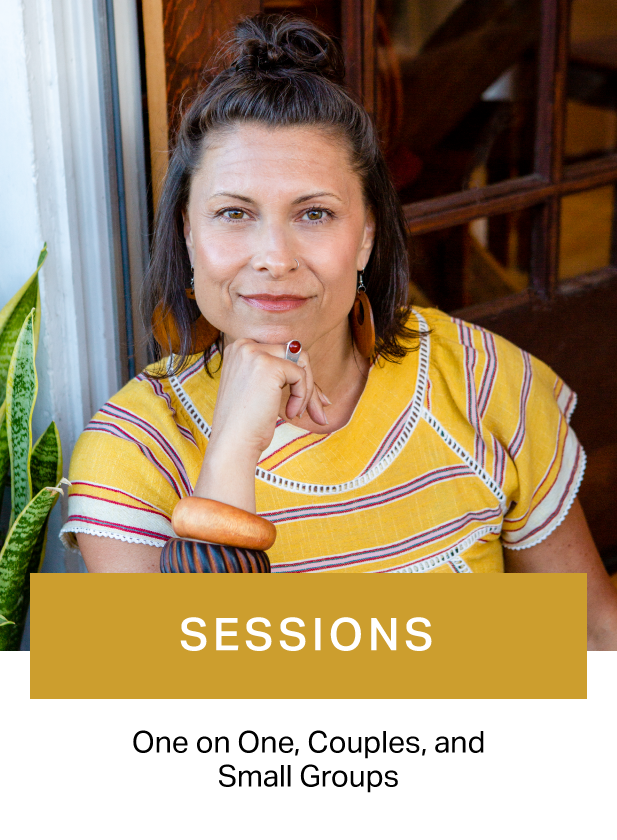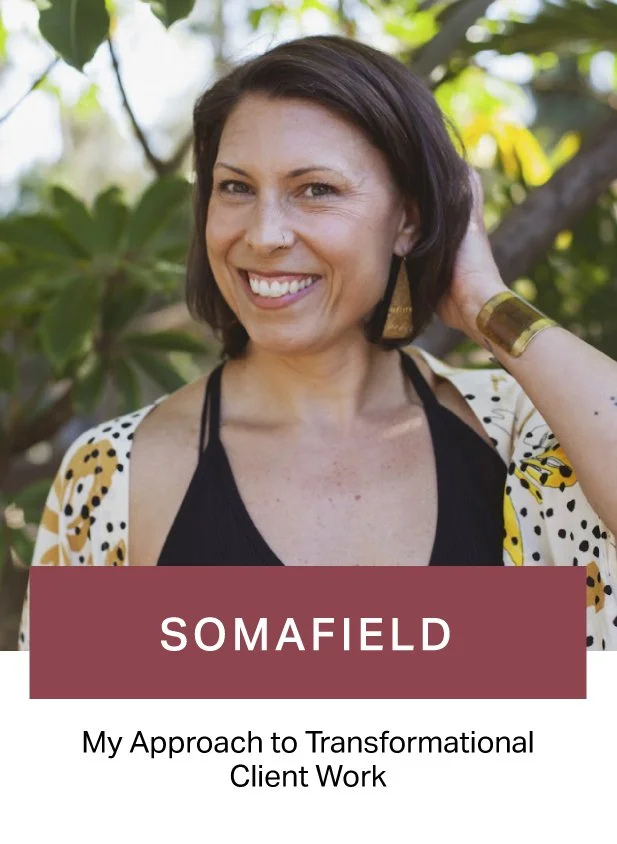Socio-Cultural Attunement
As practitioners, most of us are trained—formally or intuitively—in how to attune emotionally to our clients. We slow down. We listen. We feel into what’s underneath the words. We build trust through presence and care.
But there’s another kind of attunement that’s just as essential, and often less explicitly named in training spaces: Socio-Cultural Attunement.
This is the second core principle of The SomaField Approach to Transformational Client Work and it’s the practice of meeting each client not just with emotional presence, but with a conscious awareness of the social, cultural, and systemic forces that shape their lived experience.
It means we listen not just for the intrapersonal narrative—but for the world the person lives in. The identities they carry. The messages they’ve internalized. The neighborhoods they move through, the systems they brush up against. The privileges they’ve known or the oppressions they’ve endured. And how all of this lives in the body.
If we’re not actively attuned to the identities, lived experiences, and cultural contexts of our clients, we risk unconsciously centering our own identities as the “norm.” When this happens, we may unintentionally diminish or overlook the realities of clients whose identities differ from ours. Without Socio-Cultural Attunement, our presence and interventions can subtly uphold systems of dominance—however well-intentioned we may be.
It’s an orientation. A kind of listening.
A Simple Practice
Here’s one small way to begin:
Before your next session, take 2 minutes to reflect on this question:
What aspects of this client’s social or cultural context might be shaping how they show up today?
You might consider:
Their identities (race, gender, class, ability, etc.)
The environments they move through (workplace, family, community)
The systems or histories they carry (immigration, religion, colonialism, intergenerational trauma)
You can also listen for these things throughout your sessions. Let this reflection not lead to assumptions—but to deeper curiosity and humility. Let it sensitize your ear to what might otherwise go unnamed.
When we attune this way, we create more honest, spacious, safe, and validating containers. Not just for the individual—but for the larger field we’re all part of.
If this lens feels meaningful to you, feel free to forward this to another thoughtful coach or therapist. Conversations like this ripple out.




